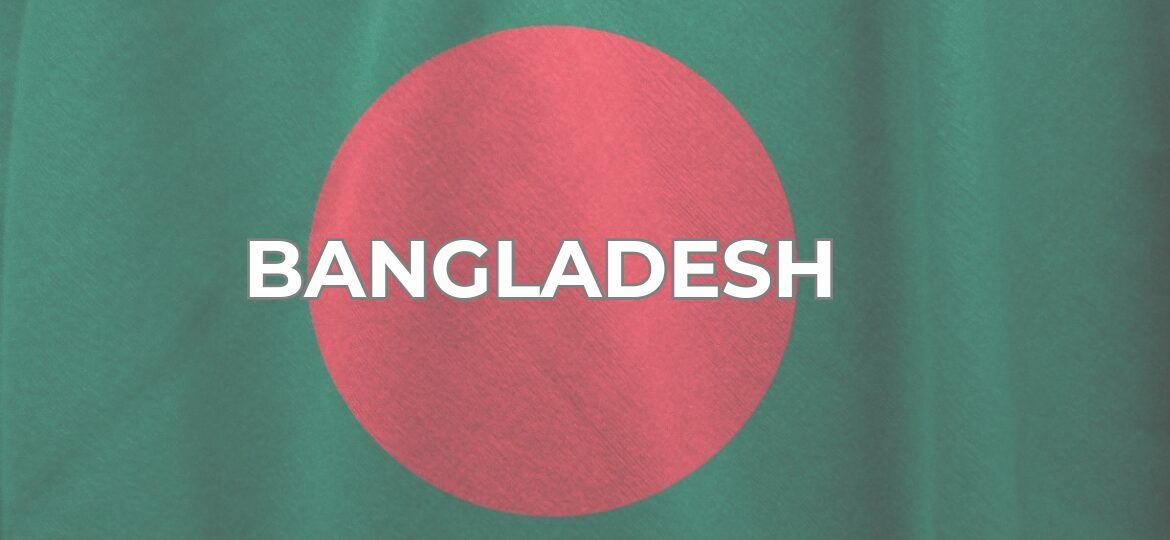
ProtectDefenders.eu has been informed about the increasingly violent crackdown against student-led protests perpetrated by the Prime Minister Sheikh Hasina’s government since mid July. The protests erupted to oppose the reinstatement of quotas for government jobs, that the protesters say favour members of the ruling party. The protests have been violently repressed by law enforcement authorities through the use of unnecessary and disproportionate force.
According to Consortium partner Reporters Without Borders, over 400 protesters have been killed, including 5 journalists, 9000 arrested, and countless others severely injured since the start of the protests. Furthermore, protesters have been victims of torture and ill-treatment in detention.
As reported by the Observatory for the Protection of Human Rights Defenders, on 26 July, three key figures in the Anti-Discrimination Student Movement, including Messrs Nahid Islam, Asif Mahmud, Abu Baker Majumder, Sarjis Alam, Hasnat Abdullah, and Ms Nusrat Tabassum, were arbitrarily arrested and placed in incommunicado detention while receiving treatment in a Dhaka hospital for wounds inflicted to them by the Bangladeshi police. Nahid Islam, Asif Mahmud, Abu Baker Majumder, and Nusrat Tabassum are arbitrarily detained at the Detective Branch of police headquarters in Dhaka, without having been produced before a court, and Sarjis Alam and Hasnat Abdullah are still arbitrarily detained at an unknown location, without any access to lawyers or relatives.
Despite Home Minister Asaduzzaman Khan’s assertion that the arrests were for the student leaders’ safety, we expresses its grave concerns for the health and well-being of all those detained in this latest crackdown. UN human rights chief, Volker Türk, called on the government of Bangladesh to carry out an independent investigation into the “horrific violence” and ensure all operations of law enforcement agencies are conducted strictly in line with international human rights norms and standards, particularly regarding the policing of protests, including use of force. Indeed, multiple instances of excessive use of force and use of lethal force have been documented in the last two weeks.
Further violations over the past two weeks include restrictions on freedom of assembly and the shutdown of broadband and mobile internet on 18 July, severely limiting media coverage and access to information.
In this respect, we also received alarming news concerning the current state of freedom of the press and information in the country. State authorities have initiated a widespread and communication blackout that lasted 11 days, leaving online media platforms, internet and mobile services inaccessible.
Reporters Without Borders reported that on 18 July, Dhaka Timesjournalist Hasan Mehedi, 35, was killed in circumstances yet to be identified while reporting on the events. Around thirty other journalists were assaulted and wounded.
Despite their unprecedented violence, this crackdown on freedom of protests, freedom of assembly and freedom of speech are no novelty in the country. Bangladesh has in fact a heavy record of human rights violations against the civil population, including torture and ill treatment.


